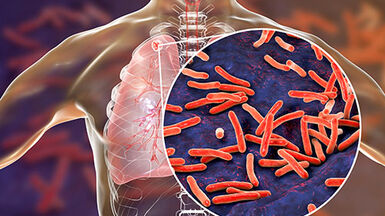Social and behavioural sciences
Every behaviour related to health, such as getting vaccinated, washing hands or testing for a disease, is influenced by a broad spectrum of factors. These can range from socio-cultural to psychological or structural factors related to the structure of healthcare systems .
Social and behavioural sciences focus on the cognitive, social, and environmental factors shaping health-related behaviours. Understanding these influences at individual, community, and population levels makes it possible to refine policies, programs, and communication for better health outcomes. Social and behavioural sciences for the prevention of infectious diseases incorporate both quantitative and qualitative research methods, as well as practical tools from a diverse range of fields including psychology, sociology, anthropology, communication, economics, public health and epidemiology.
Examples of areas in which social and behavioural sciences have been used to support infectious disease prevention include:
- Vaccination: perceptions, beliefs and individual decisions about getting vaccinated or not
- Antimicrobial resistance: what drives prescribing and consuming antibiotics and other antimicrobials
- Preparedness and response: community engagement, institutional and community activities
- Emerging and vector-borne diseases: awareness, perceptions, attitudes and behaviours related to mosquito- and tick-borne diseases
- Sexually transmitted infections and HIV: awareness and behaviour related to prevention and adherence to prophylaxis
- Hepatitis B and prison settings: knowledge, perceptions, attitudes and behaviours of inmates and prison staff
ECDC has incorporated social and behavioural sciences in its prevention work in several areas over the years. Following ECDC’s amended mandate, adopted in 2022, this work is being enhanced, with a particular initial focus on vaccination and antimicrobial resistance.





